Uro-Oncology
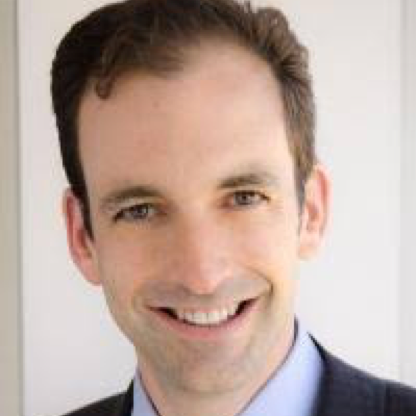
Matthew R. Cooperberg, MD, MPH
Professor of Urology and Epidemiology & Biostatistics
Associate Chair, Clinical Research, Dept of Urology
Helen Diller Family Chair in Urology
University of California, San Francisco
He completed his General Surgery and Urology training at the University of California, San Francisco, and subsequently continued at UCSF to complete a fellowship in Urologic Oncology under the guidance of Peter Carroll, MD, MPH.
In 2009, Dr. Cooperberg was recruited to join the faculty at UCSF and the San Francisco Veterans Affairs Medical Center. Specializing in urologic cancer care, he is part of the multidisciplinary urologic oncology team of the UCSF Helen Diller Family Comprehensive Cancer Center, located primarily at the Mission Bay campus. He also maintains privileges at San Francisco General Hospital.
In 2013, Cooperberg received the first Helen Diller Family Chair in Urology and a secondary appointment in the Department of Epidemiology and Biostatistics.
In 2015 he won the American Urological Association Gold Cystoscope Award, given annually to one urologist for contributions to the field in the first 10 years of practice, and was also named Young Urologist of the Year. He was named professor in 2018.
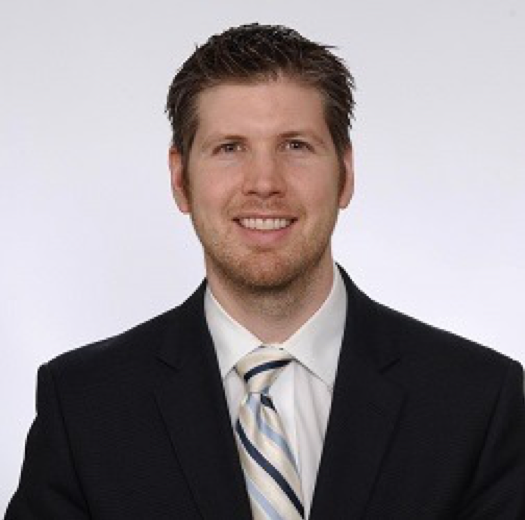
Rodney H. Breau, MSc MD FRCSC
Surgical Oncologist, Assistant Professor
Division of Urology, University of Ottawa
Department of Surgery Research Chair in Urologic Oncology
Scientist, Ottawa Hospital Research Institute Clinical Epidemiology Program, The Ottawa Hospital
Dr. Breau is a founding member of the International Evidence Based Urology Group and serves on the American Urological Association steering committee for Evidence Based Reviews in Urology. He is a member of the Society of Urologic Oncology and has been recognized nationally and internationally for research contributions in prostate, kidney and bladder cancer.
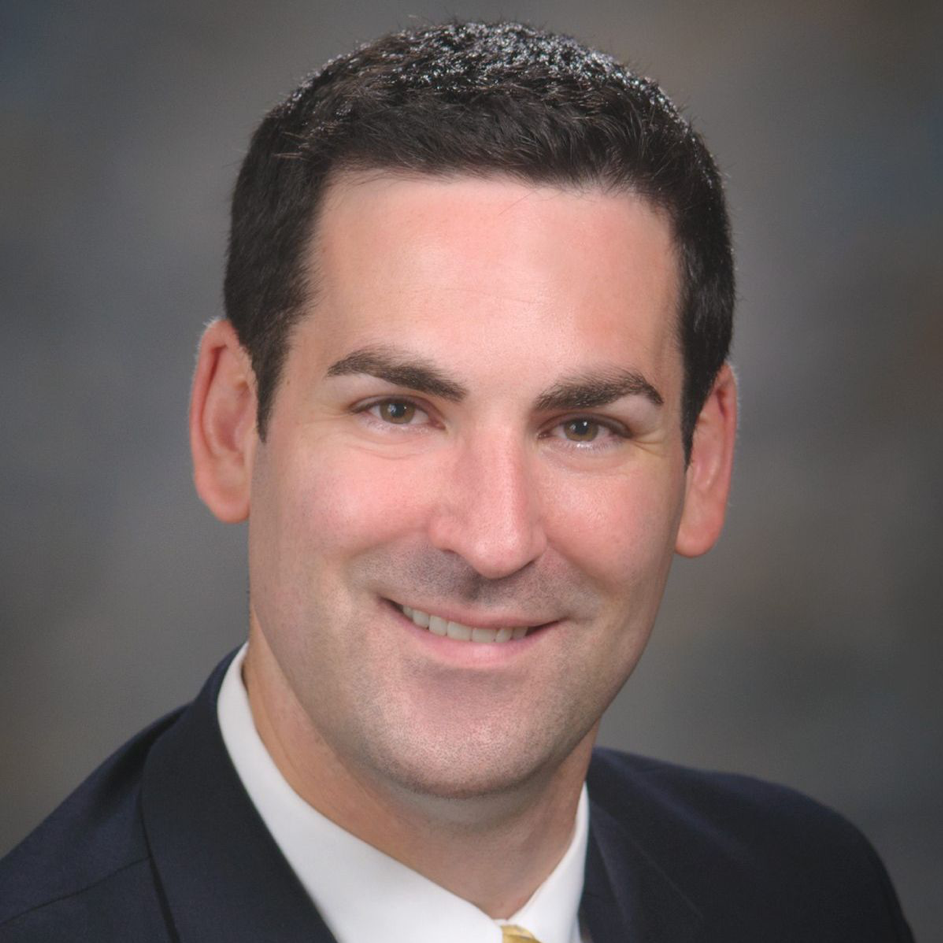
Brian F. Chapin, MD
Associate Professor, Department of Urology, Division of Surgery,
The University of Texas MD Anderson Cancer Center, Houston, TX
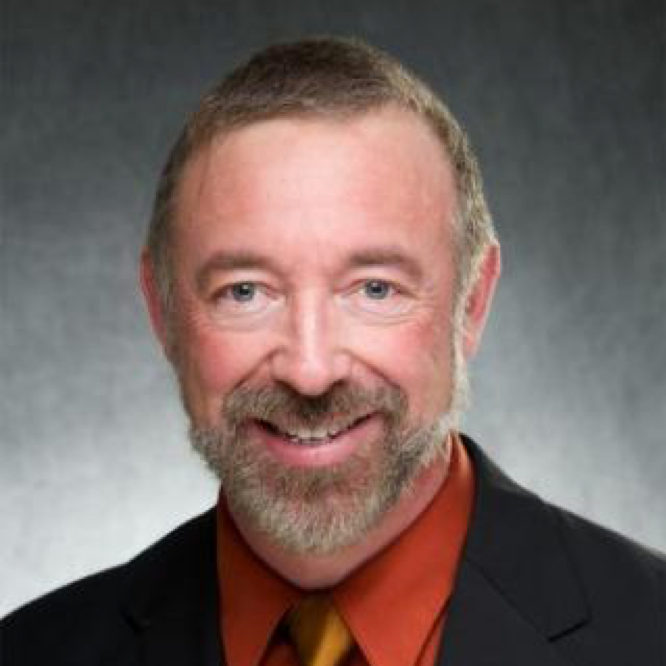
Michael A. O’Donnell, MD
Professor of Urology
Carver College of Medicine, University of Iowa
Dr. O’Donnell recently headed a national trial of bladder cancer treatment utilizing BCG plus interferon (a natural protein which induces healthy cells to combat disease) comprised of over 1,000 patients, and holds several U.S. patents for his work.
While BCG has long been a standard treatment for bladder cancer, its toxicity profile can be devastating. Dr. O’Donnell’s studies, both laboratory and clinical, seek to both determine the exact mechanism by which BCG targets bladder cancer tumor cells, and enhance its efficacy, either alone or in combination with other agents, while reducing its toxicity to healthy cells.
Dr. O’Donnell’s research efforts also include exploration of methods to detect bladder cancer at earlier stages, as well as new combination topical chemotherapy treatments for early bladder cancer. He has instituted two such methods, including a urinary FISH assay and the NMP-22 Bladder Check test in the Urology Clinic. He has pioneered several new sequential combination therapies involving adriamycin, gemcitabine, docetaxel and mitomycin for treating BCG-resistant/recurrent bladder cancers.
Pediatric urology
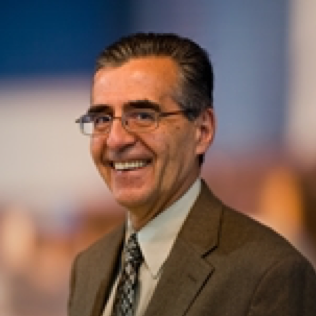
Paul Merguerian, MD MS FAAP
Professor of Urology University of Washington
Michael Mitchell Chair Pediatric Urology
Division Chief Urology
Seattle Children’s Hospital
Dr. Merguerian has held appointments at Stanford, the University of Toronto, and most recently at Dartmouth where he was the director of the Children’s Hospital at Dartmouth.
Dr. Merguerian is an accomplished scholar, a committed teacher and mentor, and an exceptional surgeon. His area of academic focus has been on complex reconstruction, transplantation, and more recently safety, efficiency, and cost within the field of Pediatric Urology. He received his Masters in Science from the Dartmouth Institute of Health Policy and Clinical Practice, and has received Lean Six Sigma training at the Dartmouth School of Engineering.
In addition to his extensive work in process improvement and quality assurance, Dr. Merguerian has served as a key faculty mentor for Pediatric Urology Fellows; as a clinic teacher and preceptor for Urology residents; and as a supervisor/teacher for residents during their research year.
Stones, Endourology, and MIS
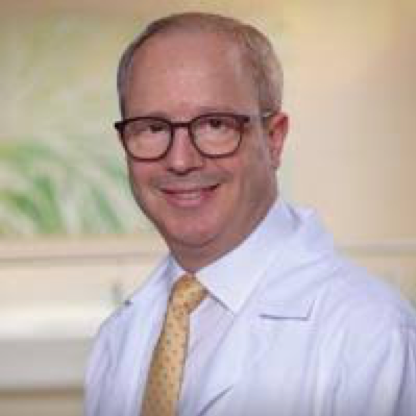
Timothy D. Averch, MD, FACS
Chief, Division of Urology
Clinical Professor and Vice Chair for Quality
Department of Surgery
Palmetto Health University of South Carolina Medical Group
Dr. Averch earned his medical degree from the University of Pittsburgh in 1989. Between 1989 and 1996, he completed surgical and urologic residencies at New York Medical College, and a fellowship in endourology at the Brady Urological Institute of Johns Hopkins Hospital.
Before joining with UPMC in 2000, Dr. Averch was assistant professor of urology and director of Endourology at the Medical College of Virginia. His clinical interests include endourology, stone disease, and laparoscopic surgery. Dr. Averch is board certified by the American Board of Urology.
Functional urology
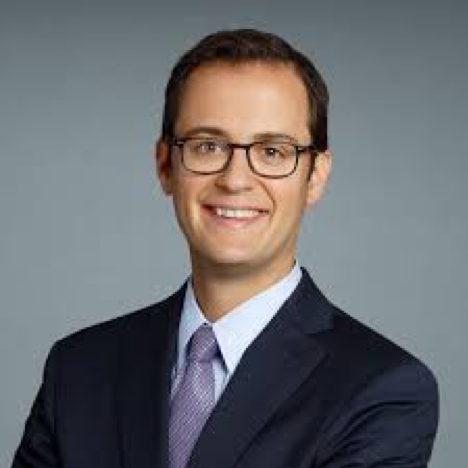
Benjamin M. Brucker, MD
Associate Professor, Departments of Urology and Obstetrics and Gynecology
New York University School of Medicine
Director, Female Pelvic Medicine and Reconstructive Surgery Program and Neuro-Urology
I use a combination of traditional approaches and advanced, minimally invasive techniques to improve safety, speed of recovery, and outcomes for my patients. I maintain wonderful relationships with my patients and find it incredibly rewarding to help them by managing their conditions and performing surgeries.
It is vital for physicians to completely understand how a condition affects a patient. To do so, we must be familiar with the person’s overall health, sense of wellbeing, and quality of life, as well as the impact of the condition on the person’s relationships and families.
Having this information helps me to create individualized treatment plans. Treatments cannot be “one size fits all,” because every patient experience is unique. Our team, regarded as one of the best in the world, pays close attention to each person’s needs and diagnosis.
In addition to treating patients, I conduct research on incontinence, the effects of multiple sclerosis and neurologic disorders on the bladder, and treatment of people with overactive bladder and benign prostatic hyperplasia, or an enlarged prostate. I’m very fortunate to have received a grant from the Allergan Foundation to continue my research on incontinence. This funding also enables me to train future leaders in the field.
I am proud to have been selected by Super Doctors for a “Rising Star” distinction in the New York Metro area and by The Leading Physicians of the World for a “Top Urologist” award.
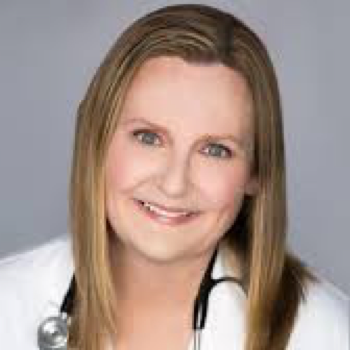
Lynn Stothers, MD MHSc FRCSC
Professor of Urology
University of British Columbia
UBC Hospital Bladder Care Centre
WHO estimates that by 2018 over 3 billion people world wide will be affected by significant problems with voiding that negatively impact their health and quality of life. Dr. Stothers investigates all aspects of bladder function and has a research program with a special interest in the use of technology to aid in the diagnosis and treatment of lower urinary tract disorders.
At the International Collaboration on Repair Discoveries (ICORD) she is a principal investigator and has a keen interest in the consequences and challenges that follow spinal cord injury. There, her lab works on translation of bench to bedside technology to improve clinical outcomes and access to care. She works in global health and has developed clinical tools to overcome barriers of literacy and language in Africa and address factors influenced by the social determinants of health. Dr. Stothers is known for her work with complementary and alternative therapies and continues to pursue the science behind these modalities.
Surgical safety in the operating room
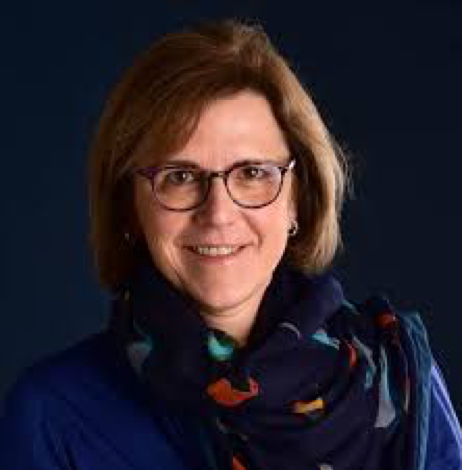
Guylaine Lefebvre, MD, FRCSC, FACOG
Director Practice Improvement
Canadian Medical Protective Association
Professor Obstetrics and Gynecology
University of Toronto
University of Toronto Faculty
Urology
Darius Bagli, MD, FRCSC
Monica Farcas, MD, MEng, FRCSC
Neil Fleshner, MD, MPH, FRCSC
Robert Hamilton, MD, MPH, FRCSC
Sender Herschorn, MD, FRCSC
Michael A.S. Jewett, MD, FRCSC
Armando Lorenzo, MD, FRCSC
Michael Ordon, MD, MSc, FRCSC
Kenneth Pace, MD, MPH, FRCSC
Nathan Perlis, MD, MPH, FRCSC
Sidney Radomski, MD, FRCSC
Alexandre Zlotta, MD, PhD, FRCSC
Radiation oncology
Patrick Cheung, MD, FRCPC
Anaesthesia
A. Wayne Evans, MD, FRCPC
